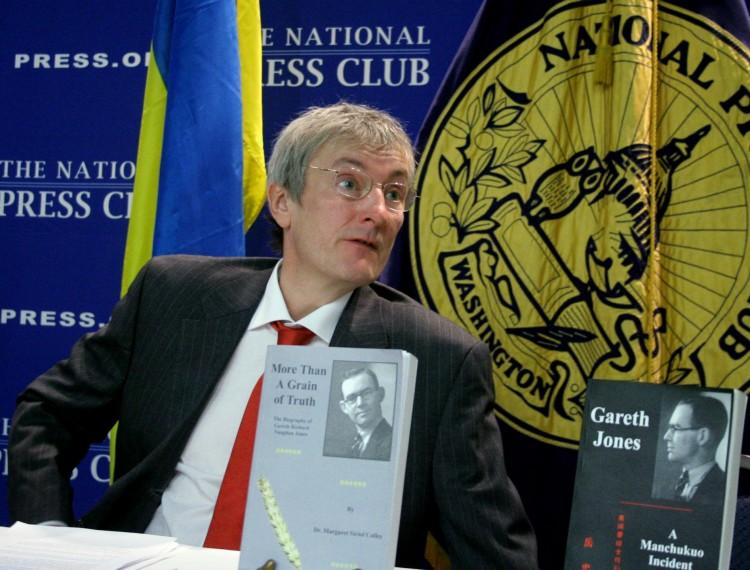WASHINGTON—The great famine in the Ukraine in 1932–1933—called the Holodomor—is known by relatively few people. This was a man-made famine during Joseph Stalin’s rein where an estimated 6 million–10 million people, mostly Ukrainian peasants, were left to starve to death as the world was kept in the dark.
Even less known than this atrocity, was the role that the Welsh journalist Gareth Jones played in revealing it.






